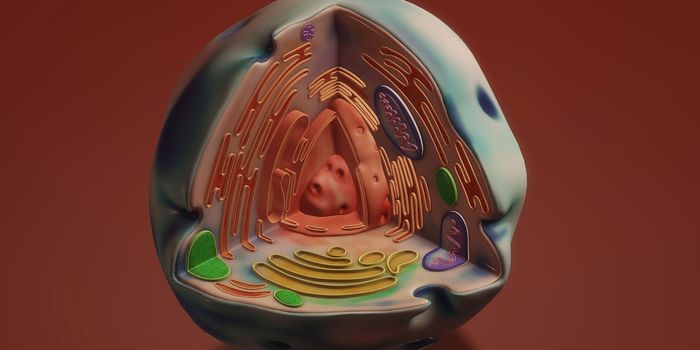Revealing Rapid Evolution in the Human Intestine
The human gastrointestinal tract is in a constant state of flux; it hosts a diverse and dynamic community of microbes known as the gut microbiome, and is constantly exposed to things in the environment as we eat or drink. These and other influences have made the gut a place where evolutionary changes can happen rapidly, and scientists wanted to know more about how the evolution of the human gut has differed from that in other mammals, including close evolutionary relatives like the chimpanzee.
Now reporting in Science, researchers have created stem cell models that were derived from mice, chimpanzees, and humans to create simplified, miniature versions of the human gut, known as gut organoids. These models were used to study the development of the small intestine in various organisms.
After generating the gut organoids, the researchers used a technique called single-cell RNA sequencing to identify all of the active genes in the various epithelial cells that compose the gut organoid lining. The work showed that the active genes in these epithelial cells varied considerably from one species to another.
In humans, there was plenty of evidence of recent evolutionary changes. These included one alteration that affects how lactose in milk is digested. Other differences were found in genes that are linked to cholesterol absorption, immunity, and the metabolism of fats. These genomic shifts in humans likely primed the gut to absorb nutrients more effectively, the researchers suggested.
There was notable evidence of rapid evolution in human enterocytes as well. Enterocytes play an important role in the absorption of nutrients, and the maintenance of the intestinal barrier. This barrier is crucial to keeping the gut microbiome sequestered from the rest of the body. Evidence has shown that leaks or disruptions in this barrier can lead to serious health problems.
The rapid evolution of the gut is also significant because some parts of the genome that change quickly have been associated with gastrointestinal and metabolic diseases in humans.
Sources: University of Michigan, Science









